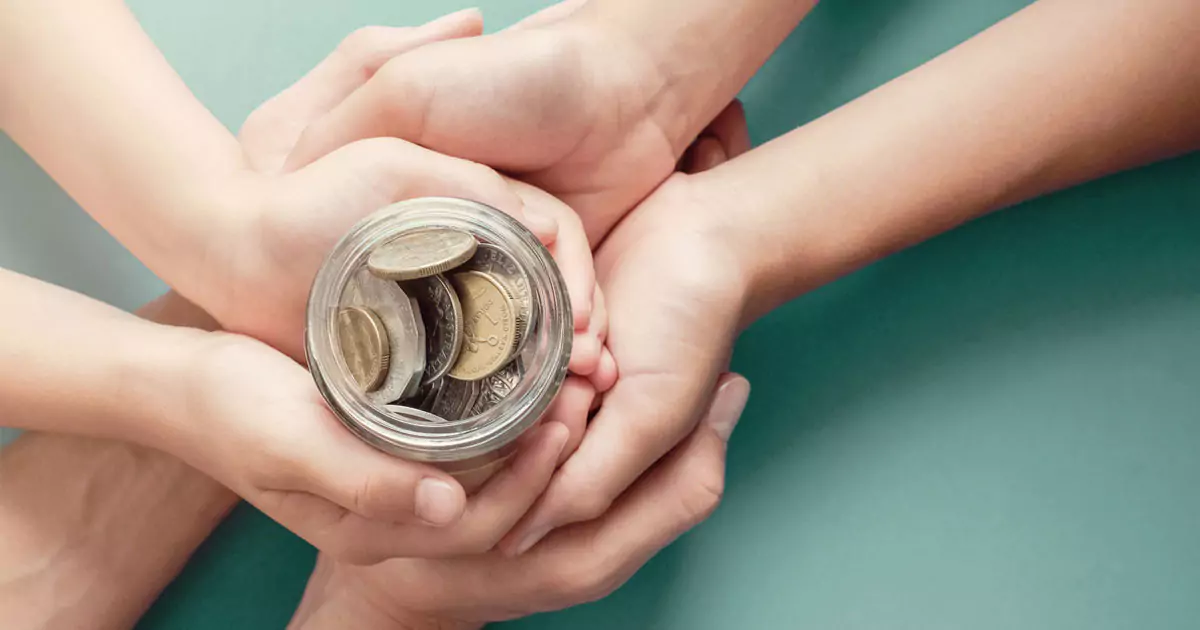
Pinktober 2019: How to Understand Breast Cancer
Breast cancer has become one of the most dreaded diseases of our time—and for good reason. Each year, 331,000 American women are diagnosed with the disease, and more than 40,000 die from breast cancer. However, a diagnosis of breast cancer doesn’t mean life is over. What it means is that you need to fully understand your diagnosis and the road that lies before you. Keep reading to learn what you should know about breast cancer and what you can expect after diagnosis.Understanding Breast Cancer
All cancers are the result of the body’s cells growing out of control. When this happens, the abnormal cells overrun the body, making it difficult for the body to function as it normally does. Cancers can begin in any area of the body. When it starts in the breasts, it is known as breast cancer, regardless of where it may spread in the body. Once you’ve received a diagnosis of breast cancer, you will want to undergo additional tests to confirm your diagnosis. Because as useful as mammograms, biopsies, and other tests are, all of them can result in a false positive. A false positive is when it appears you have breast cancer but don’t. By undergoing a second or third test, you’re more likely to avoid unnecessary treatment. Along with a breast cancer diagnosis, you will be told what stage or how far along your cancer is. Stage 0 cancer has not extended beyond the area of the breast in which it began. Stage 1 breast cancer is still very small, but it has started moving into nearby breast tissue, a process known as metastasizing. Other stages involve increasingly aggressive breast cancer, with stage 4 indicating the cancer has spread to other organs of the body, which may include the skin, brain, liver, or lungs.Additional Breast Cancer Awareness Resources
BreastCancer.org BreastFriends.orgAfter The Diagnosis
Following a breast cancer diagnosis, your natural response may be to panic. To freak out. To read everything you can and expect the worst. Don’t. Take a deep breath. Because while cancer of any sort is scary, tons of people just like you who have been through it and come through just fine. Surround yourself with people who love you and want to help you beat the disease. With their support, you can enjoy the quality of life you desire, throughout your breast cancer journey. Any time you have a doctor’s visit, don’t go alone. Go with a loved one and a pen and notepad. Take questions you have and take careful notes of the answers. If something the doctor says gives you more questions, ask them. Or make a note to research it on your own. Just be careful. There is an excessive amount of information online regarding breast cancer, and it’s not all trustworthy. If you find information that contradicts what your doctors say, don’t get too worked up. Talk with your doctor and remember that every breast cancer case is different and requires a unique plan of attack.Treatment Options
As stated above, every breast cancer treatment plan is different. So while one case requires only one type of treatment, another may take multiple treatment methods for success. Available treatments include:- Surgery may include removal or part (lumpectomy) or all (mastectomy) of the affected breast. Reconstruction of the affected breast may also be performed following treatment.
- Radiation therapy shoots radiation directly at the cancerous cells. Thanks to recent advances, radiation therapy is much more precise and therefore causes less damage to surrounding healthy tissues. With this type of radiation therapy, patients often suffer side effects such as painful burns. In some cases, radiation is not shot at the cancer from an external source. Rather, radioactive seeds are placed inside the breast tissue, where it slowly destroys cancerous cells.
- Chemotherapy uses medication to destroy cancer. The medication—often more than one at a time—is either taken orally or given through an IV. Side effects are some of the most brutal and include stomach sickness, tiredness, and loss of hair. Advances have lessened the side effects, but just as every treatment plan is unique, so is every reaction to the treatment.
- Hormone therapy is a medication that aims at blocking the body’s ability to make estrogen, the hormone that may cause cancer cells to grow and multiply.
Life Goes On
Once treatment is completed, you’ll check in with your doctor periodically to ensure the cancer is completely eradicated and does not come back. It’s a good idea to adopt healthy eating and exercise habits to give your body the best chance at maintaining good health. While you’re enjoying your return to good health, take time to enjoy your family. Forgive quickly, love well, and remember that life is a gift that is guaranteed to no one.CIC on Facebook
The information provided on this website does not, and is not intended to, constitute legal or financial advice. Rather, all information, content, and materials available on this site are only meant for general informational purposes. Information on this website may not include the most up-to-date legal, financial or other information. This website contains links to other third-party websites. Such links are only for the convenience of the reader, user or browser. We do not recommend or endorse the contents of the third-party sites nor are the owners of such third-party sites recommending or endorsing our services. Check Into Cash is not affiliated with nor endorsed by any of the websites, companies or entities mentioned in this blog. See a licensed attorney for legal advice and see a certified public accountant or financial planner for financial advice. No reader, user, or browser of this site should act or refrain from acting on the basis of information on this site without first seeking professional advice. All liability with respect to actions taken or not taken based on the contents of this site are hereby expressly disclaimed. The content on this posting is provided “as is,” and no representations are made that the content is error-free.




